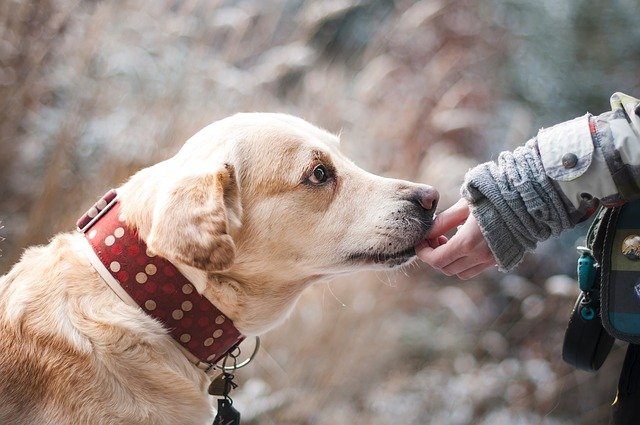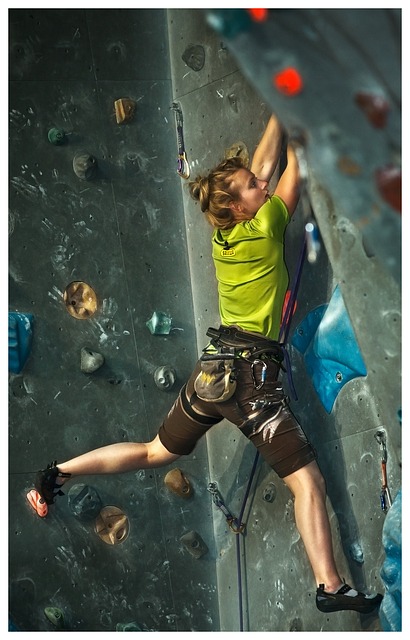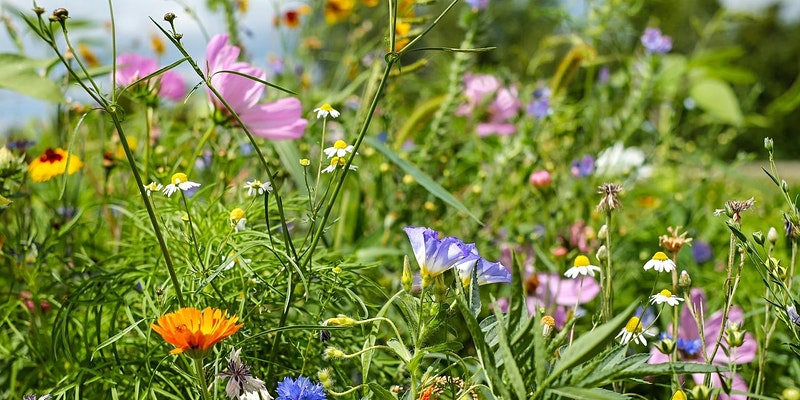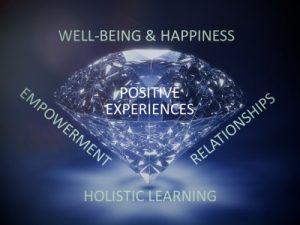By Maggie Bagley
Social pedagogy is becoming a familiar phrase within children’s services in the UK but is not as common in adult care, perhaps because people relate pedagogy with education and teaching.
Social pedagogy is a relationship-centred approach to support well-being, learning and social inclusion, and all these things are as important to adults as they are to children and the theories and concepts that form a social pedagogues practice can be used in any situation.
Social pedagogues contemplate what cannot be seen and yet needs to be understood, so that they can work holistically to build authentic and trusting relationships. Our personal perceptions, understanding and realities are influenced by our experiences, and views of the world. At the heart of social pedagogy is an absolute respect for the value of all human beings, and supports power with instead of power over, to support positive change.
“If we are to achieve a richer culture, rich in contrasting values, we must recognise the whole gamut of human potential and so weave a less arbitrary social fabric, one which is each diverse human gift fill find a fitting place.” (Margaret Mead)
My background is in adult social care with older adults and people with learning disabilities in a care home environment and in community-based projects. I have seen many examples of practice, although not recognised as such, that align with the holistic nature of social pedagogy, using strength-based approaches, and with unconditional positive regard for the value of all human beings, that is present in many care organisations.

One charity managed an allotment to produce vegetables that supplied a community café that the charity owned. Both projects operated with a mixture of paid staff, community volunteers and charity members. None of the people involved were expert gardeners or bakers but they learned together how to grow potatoes and green beans, make scones or vegetable soup. Drawing on individual talents they discovered and developed friendships and worked towards a common goal. Social pedagogues would call this The Common Third, a practical concept that enables us to build relationships while learning from each other to develop new skills. The overall aim was to generate income for the charity, offer work experience opportunities and to support the local community.
Another concept I have seen in action is the Diamond Model, playing an essential role in building confidence and self-esteem. The Diamond Model, so called because it recognises the diamond within each of us. It has four core elements, well-being and happiness, relationships, holistic learning, and empowerment, that are accomplished through positive experiences.

For instance, a member of staff working in a supported living house took her dog to work. The person she worked with was particularly fond of animals, and he was thrilled to take the dog for a walk. Daily dog walks around town meant that they became a familiar sight in the community, and many people stopped to talk and pet the dog, establishing relationships and forming friendships and creating opportunities for the young man to use his voice, as communicating with others had been a stumbling block for this young man. The walks also supported his mental and physical health, encouraging regular exercise and lowering stress levels when he felt anxious. Without noticing the person also learned routes around town that he could use to go out independently, empowering him to go shopping on his own and fulfilling his potential.
Lastly, another of my favourite social pedagogy theories is the learning zone model. I have used this myself on many occasions. The model considers three areas, the comfort zone, where we mostly like to be because it feels safe and secure, the learning zone which challenges and is less familiar but helps us to learn and grow, and lastly the panic zone where we feel threatened and scared, unable to learn due to negative impact of our anxiety.

The learning zone will be different for each person, so for instance someone who is frightened of heights will feel very differently to an experienced mountaineer on a trip to a climbing wall. I frequently think about this quote “Growth happens outside your comfort zone; magic happens when you go there with others” (Richard Branson).









